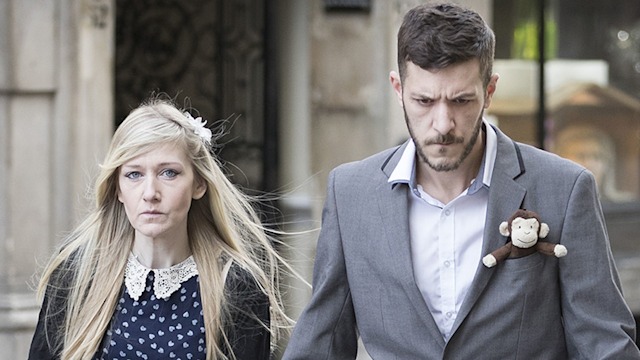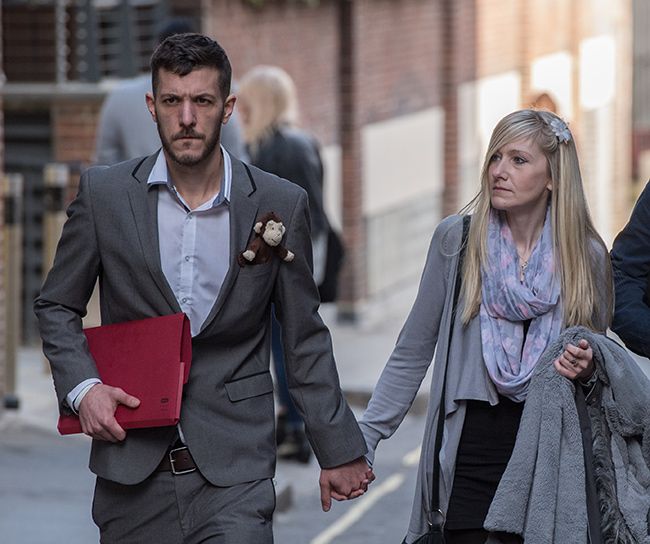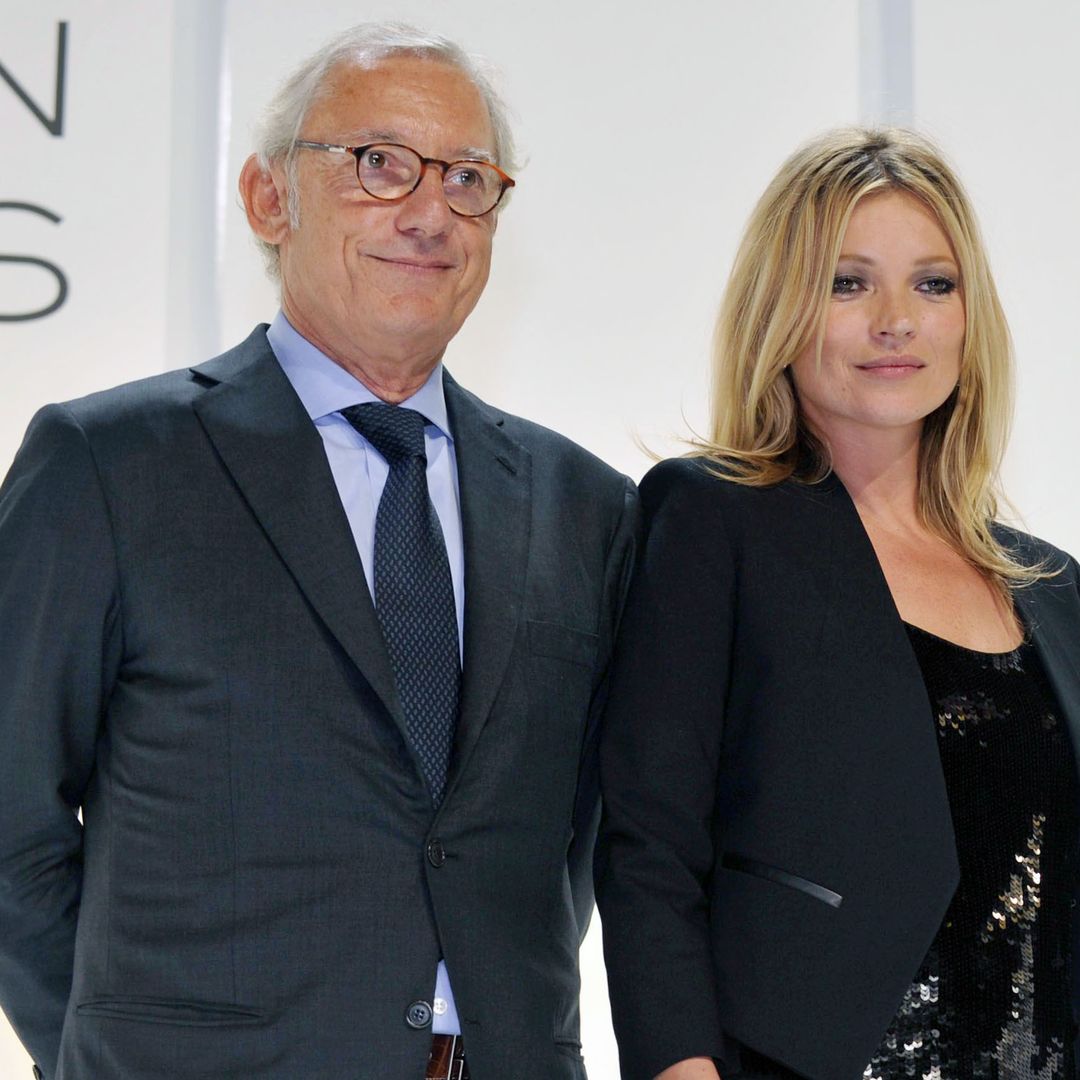The parents of terminally ill baby Charlie Gard have lost an appeal in the European Court of Human Rights to take their son to the US for potentially life-saving treatment. Chris Gard and Connie Yates had been fighting to take their 10-month-old baby, who suffers from a rare genetic condition, to undergo an experimental therapy trial in America. But specialists at Great Ormond Street, where Charlie is being cared for, believe the little boy has no chance of survival – and the ECHR agreed, concluding that further treatment would "continue to cause Charlie significant harm".
STORY: Charlie Gard's mother defends court battle: 'We're not horrible people'
Charlie is thought to be one of just 16 children in the world to have mitochondrial depletion syndrome, which causes progressive muscle weakness and brain damage. Chris and Connie had already exhausted all their legal options in the UK, losing appeals in the High Court, Court of Appeal and the Supreme Court in London.
Charlie Gard's parents have lost their final appeal at the European Court of Human Rights
European Court judges have now concluded that Charlie is most likely "being exposed to continued pain, suffering and distress" and that undergoing experimental treatment with "no prospects of success… would offer no benefit". They also said that the application presented by Chris and Connie was "inadmissible", and that the British court judgements in the case had been "meticulous".
STORY: Charlie Gard's parents: 'They're making him out to be a lot worse than he actually is'
Responding to the judgment, a spokesperson for Great Ormond Street Hospital for Children NHS foundation trust said: "Our thoughts are with Charlie's parents on receipt of this news that we know will be very distressing for them. Today's decision by the European Court of Human Rights marks the end of what has been a very difficult process and our priority is to provide every possible support to Charlie's parents as we prepare for the next steps. There will be no rush by Great Ormond Street hospital to change Charlie's care and any future treatment plans will involve careful planning and discussion."










